Are you interested in going vegan but don’t know what kind of plant-based diet to follow?
From low-fat to low-carb, high-protein or IIFYM, there are so many options!
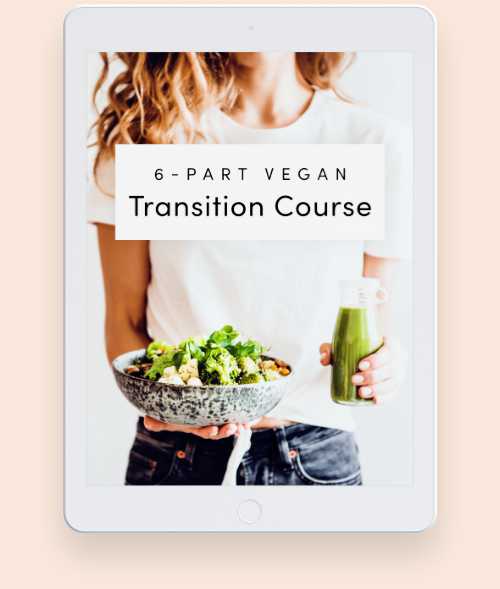
join our free vegan course!
Learn how to thrive on a plant-based diet with practical tips & a 3-day meal plan!
Within the vegan realm, eating a high-carb low-fat diet has been quite popular for a couple of years. Let’s see what’s behind this trend and try some delicious high-carb vegan recipes to see if you like this way of eating!
Don’t miss out on our in-depth whole food plant-based diet guide and read about the many reasons to go vegan here.
What’s the HCLF vegan diet?
A high-carb low-fat vegan diet is a subset of a plant-based diet that focuses on eating starchy high-carbohydrate foods like potatoes, rice or pasta.
Some proponents try to achieve a specific macronutrient ratio of 80% of calories from carbs, 10% of calories from protein and fat, respectively. This can only be achieved by eating very few high-fat and high-protein foods!
Oils and animal products are usually entirely avoided on an HCLF diet. Here’s a more thorough list!
Foods typically avoided
- Meat, fish & seafood
- Dairy & cheese
- Eggs
- Honey
- Vegetable oils
- Vegan butter
- High-fat coconut milk
- Vegan cheese or meats
- Donuts, candy, chips, etc.
High-carb vegan foods
Now that you know what not to eat on a high-carb low-fat vegan diet, here’s what to focus on when following this way of eating!
- Grains like oats, rice, pasta, millet, bread
- Root vegetables like potatoes, sweet potatoes, beets
- Fruit such as bananas, apples, mangoes, pineapple or dates
- Legumes such as black beans, chickpeas, lentils or peas
The last category, legumes, can contain higher-fat foods like peanuts or soy, both of which are only eaten in moderation on a low-fat vegan diet.
There are also less healthy, refined high-carb vegan foods like sugary cereal or fruit juices which should only make up a small amount of your daily food.
People on a high-carb low-fat vegan diet also eat colorful and leafy vegetables like broccoli, romaine, cucumber or bell peppers — these water-rich foods are healthy but not high in carbs, so we didn’t list them above.
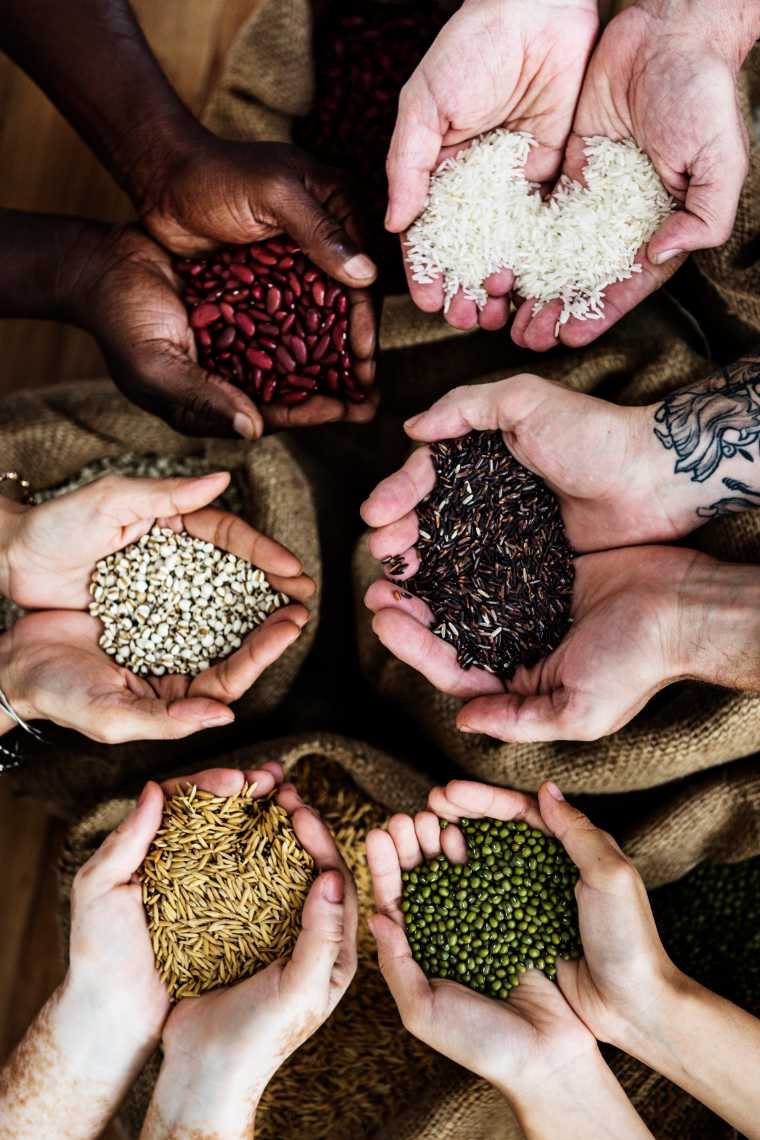
Aren’t carbs unhealthy?
No macronutrient is healthy or unhealthy per se. Individual foods can be more or less nutritious but every single food can be part of an overall healthy diet!
Carbs have been demonized for a while on social media, but mainly because they are equated with sugary foods or beverages. Only a few people go as far as to say that sweet potatoes or oats are unhealthy!
Choosing healthy whole foods over unhealthy foods is always more important than any macronutrient ratio.
What about fat & protein?
Fat and protein are essential in everyone’s diet — and every whole food contains carbs, protein and fats, just in varying proportions.
Protein consists of 20 amino acids, some of which we can synthesize ourselves, while 9 of them are “essential” — meaning we need to get them from our food.
An adult person needs around 0.8 grams of protein per kilogram of body weight each day. However, some RDs recommend slightly more than that for vegans!
Fats are made up of fatty acids, some of which are essential for us — meaning we need to get them from our food. Essential fatty acids include omega-3 and omega-6, both of which can be obtained on a vegan diet.
If you focus on omega-3-rich foods like chia seeds, flaxseeds or walnuts, you can meet your fatty acids requirements even on an overall low-fat diet!
When eating predominantly high-carb foods with some of the aforementioned healthy fats plus a good amount of beans and lentils (which are high in protein and carbs but low in fat), you can meet all of your nutritional requirements.
We’ll share with you below which foods to emphasize on a low-fat vegan diet to not fall short on anything!
Low-Protein Recipes →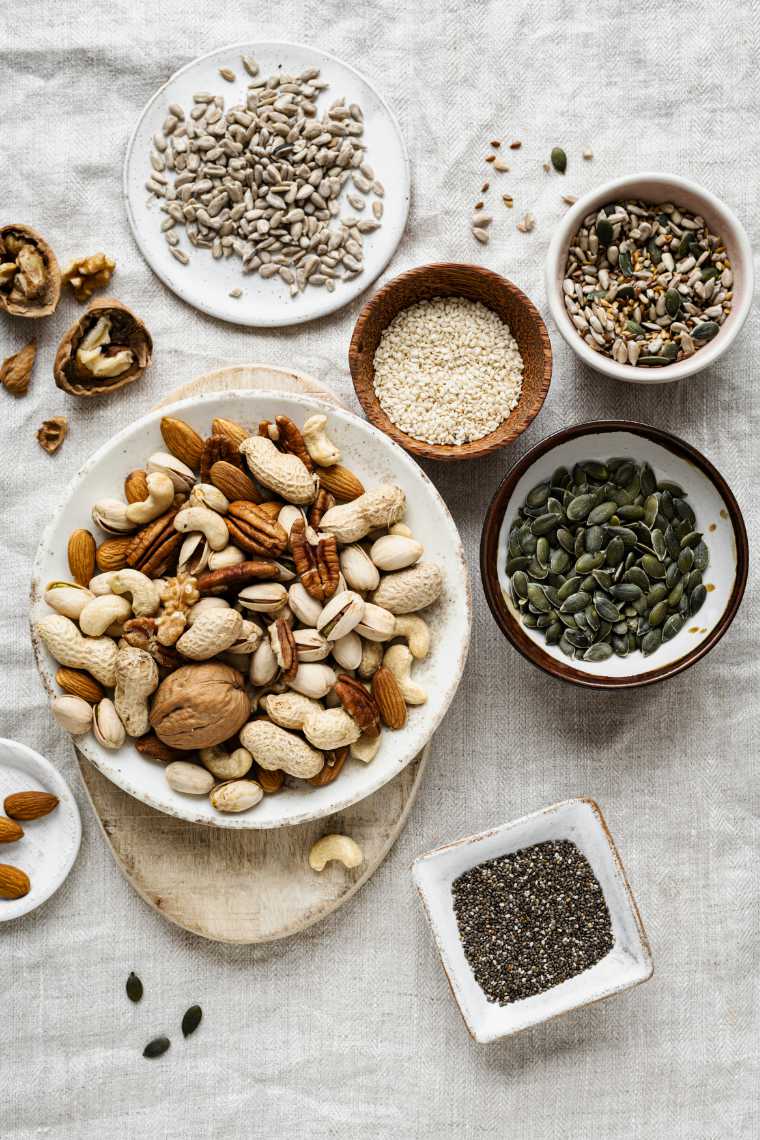
Typical high-carb meals
With so many delicious foods at your disposal, you can create a variety of tasty and satisfying meals! Here are some ideas:
- Smoothies
- Oatmeal
- Rice and bean bowl
- Sandwiches
- Pasta salad
- Banana ice cream
- Potato soup
Raw vegan diets
Some people choose to follow not only a high-carb vegan diet but a high-carb raw vegan diet — also referred to as a fruitarian diet because it mainly consists of fruit.
This eating pattern is highly restrictive and comes with many potential risks. There are no scientifically proven benefits of eating a raw vegan diet and it’s easy to fall short on protein, fat, B vitamins, calcium and more!
While it may be theoretically possible to create a nutritionally sound high-carb raw vegan diet, there is no reason to do so and it is not very sustainable for most people.
Many “ex-vegans” followed raw diets and then complained about the downsides of veganism instead of switching to a sensible plant-based diet.
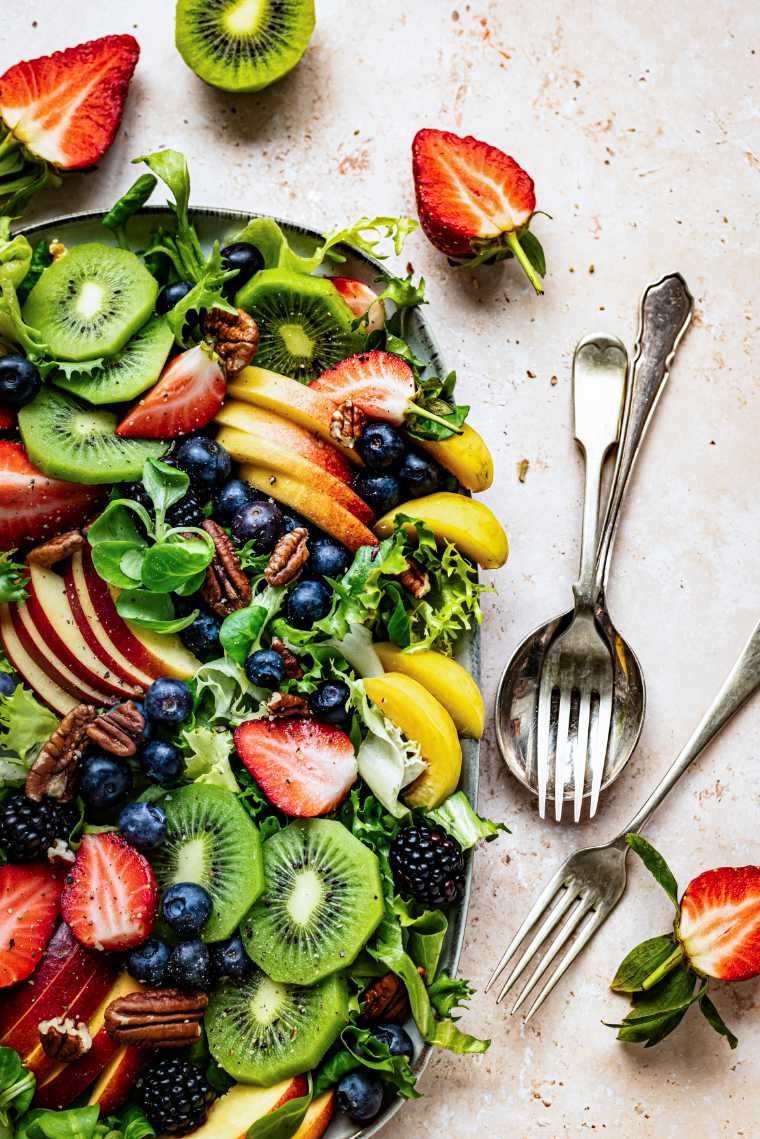
Vegan vs high-carb vegan
Being vegan doesn’t mean that you have to eat a low-fat diet at all!
The term vegan refers to an ethical lifestyle that seeks to exclude the exploitation of animals as much as practicable and possible.
This can totally done by eating vegan donuts, chocolate cake or French fries!
If you follow a high-carb low-fat vegan diet, you might be an ethical vegan; however, you also reduce the higher-fat foods like nuts, oils or avocado in your diet.
There are many ways to eat plant-based and you can make this lifestyle suit your needs! Here’s why you might want to consider a low-fat vegan diet.
Benefits of a low-fat vegan diet
A diet higher in carbohydrates with moderate amounts of protein and fat can work well for endurance athletes.
It may also help with:
- Type 2 diabetes
- Sustainable weight loss
Low-fat vegan foods are often very budget-friendly and staple foods worldwide, especially in poorer countries.
Please note that the main health benefits are achieved mainly by eating wholesome high-carb foods, not refined sugars! It’s also essential to eat enough vegetables with your starchy foods.
Weight loss on an HCLF diet
If you have an increased appetite and cannot shed excess weight, then a whole food high-carb vegan diet might be for you!
Due to the sheer amount of fiber and water in fruits, veggies and cooked grains, you will almost inevitably eat fewer calories than you used to.
This is because of calorie density, or calories per bite of food. Your stomach can only hold so much volume at a time and if you fill it with nutritious but bulky foods, you’ll have a much easier time losing weight!
Read our guides below for more.
Risks & drawbacks
Some health experts argue that following low-fat vegan diets is overly restrictive and that most people cannot expect better health results if they reduce oils, nuts and seeds in their diet.
Eating a moderate amount of healthy fats helps with nutrient absorption, satiety and offers a pleasant mouthfeel!
Some proponents of high-carb diets recommend eating no salt at all and much more calories than needed — anywhere from 3000 calories for an adult woman. Overconsumption of calories can do your body a disservice and lead to feeling sluggish, unwanted weight gain or indigestion.
Even when staying at a caloric balance, eating a low-fat vegan diet might result in large portion sizes due to the low calorie density of your meals. Therefore, it is possible to lose too much weight!
If you want to stay on a vegan diet long-term, it’s best to choose a way of eating that’s most joyful and the least restrictive to you. If that’s a high-carb diet, no problem!
Meeting nutrient requirements
Focus on these foods to meet potentially critical nutritional needs on a low-fat vegan diet!
- Calcium: oranges, green vegetables, calcium-fortified soy milk and tofu
- Iron: oats, spinach, dried figs, lentils, tahini, chickpeas
- Zinc: whole grains, chickpeas, lentils, tofu, pumpkin seeds, almonds
- Omega-3: chia, flax, walnuts, supplement
- Protein: beans, lentils, tofu, quinoa, oats, seitan
- Iodine: nori or dulse seaweed, iodized salt, supplement
- Vitamin D: sun exposure, some UV-light grown mushrooms, supplement
- B12: take a supplement
Easy HCLF vegan recipes
If you’re interested in trying low-fat vegan recipes, here are some of our favorites!
Conclusion
Low-fat vegan diets aren’t necessarily healthier than well-planned vegan diets that are higher in fat and protein.
While it can make sense for some individuals to keep their dietary fat intake lower, the research on low-fat vegan diets is still limited.
Most of the positive health outcomes associated with vegan diets, such as reduced heart disease and cancer risk, have been seen in plant-based eaters that didn’t restrict protein or fat intake.
Please don’t take dieting too far and seek out trusted sources instead of following any YouTuber’s advice.
Some alleged health experts exaggerate the benefits of eating fat-free or salt-free which is not in alignment with the scientific consensus and the position statements of renowned organizations like the Academy of Nutrition and Dietetics!
While we personally love many carb-heavy meals, adding some plant-based protein and fat makes them even more delicious and nutritious.
More vegan guides
Read these articles next for more information about plant-based diets and veganism!
Do you want to follow a low-fat vegan diet and was our article helpful to you? Let us know in the comments below, share this article on social media and Pin it here.

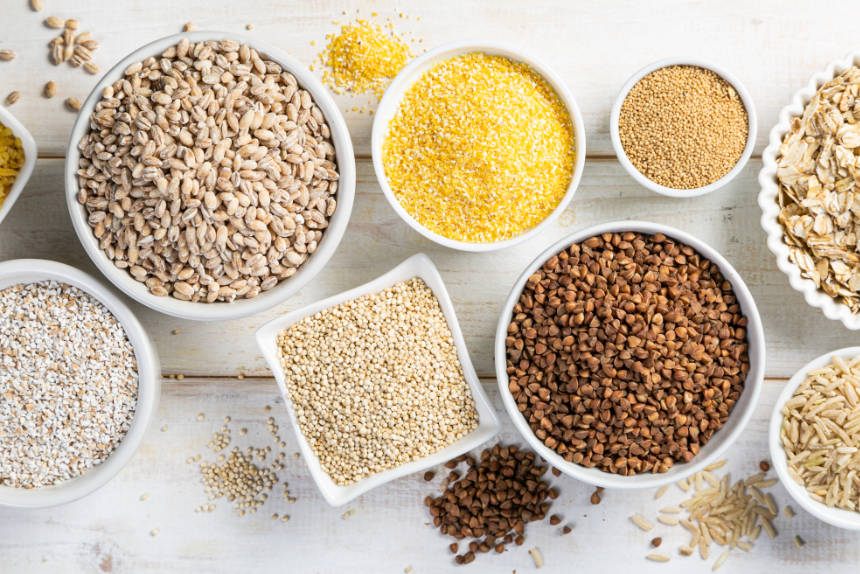
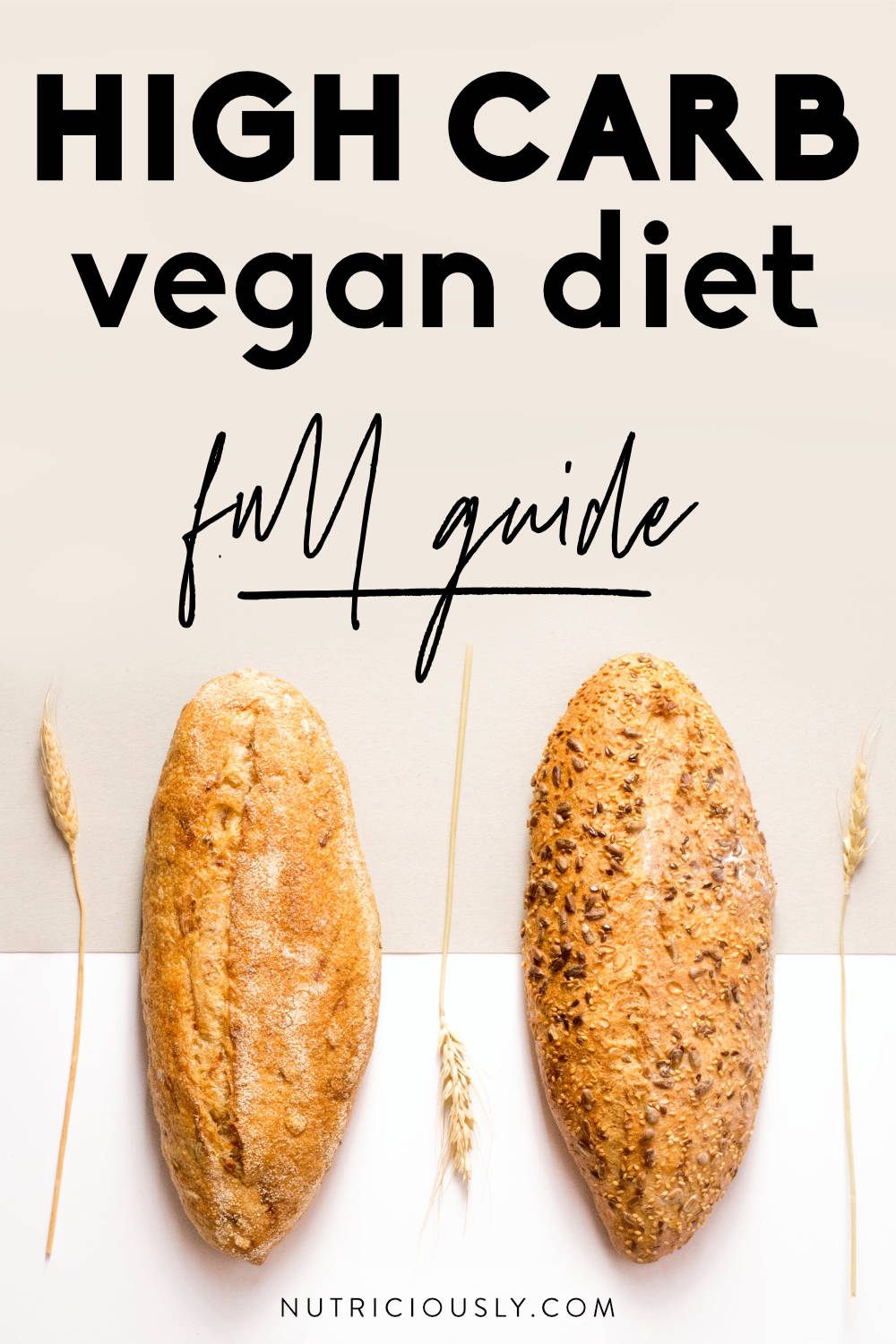
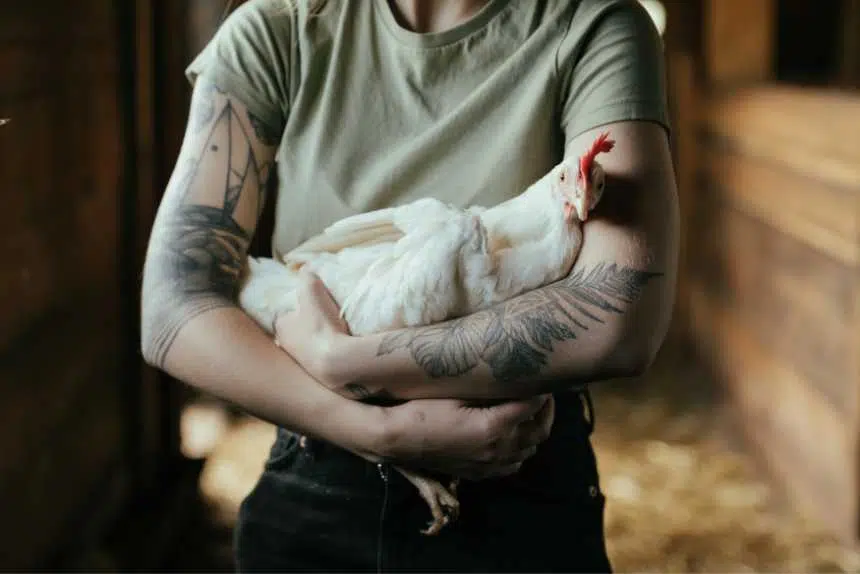
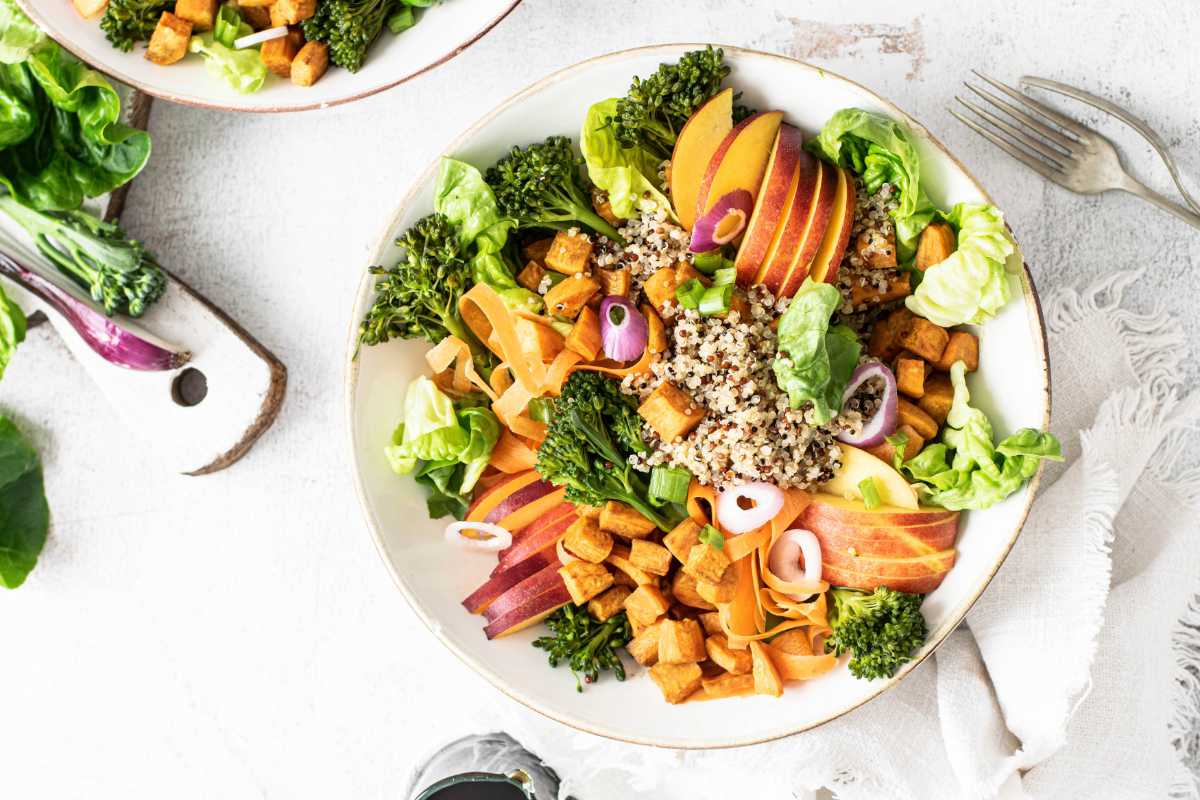
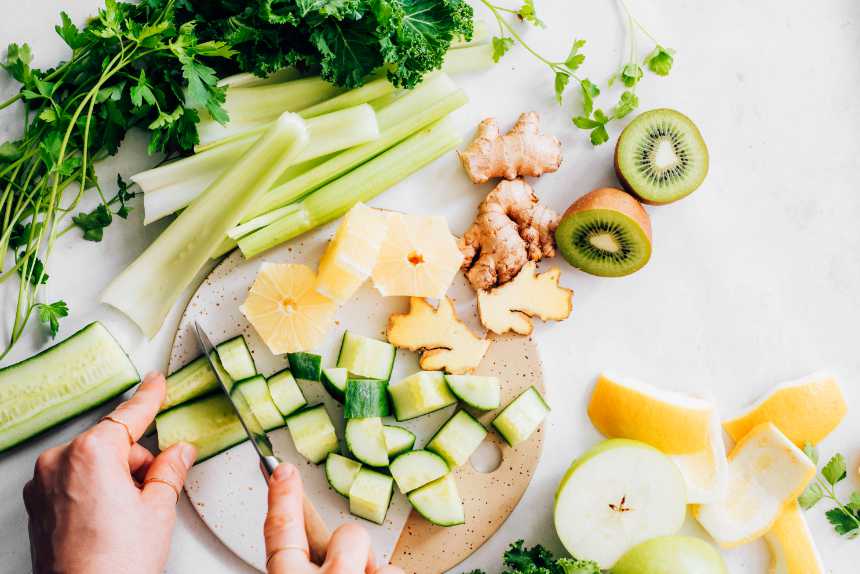
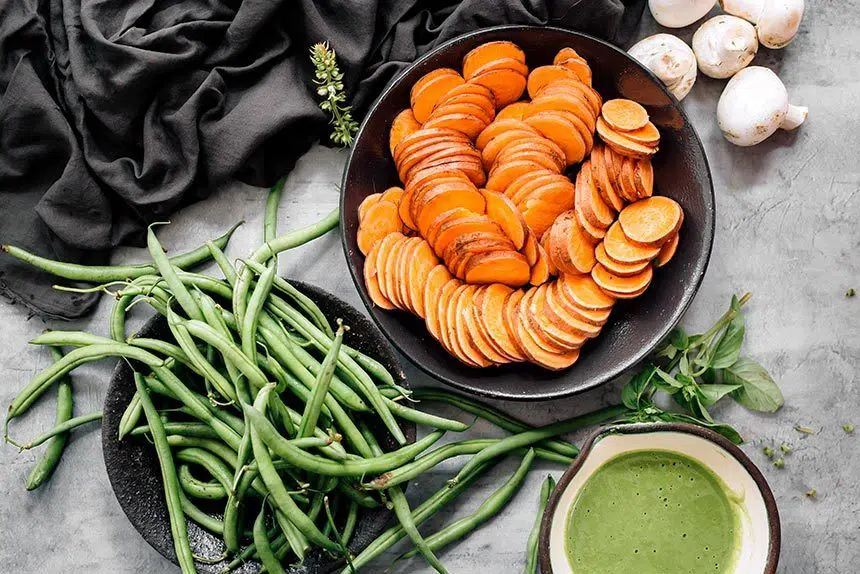
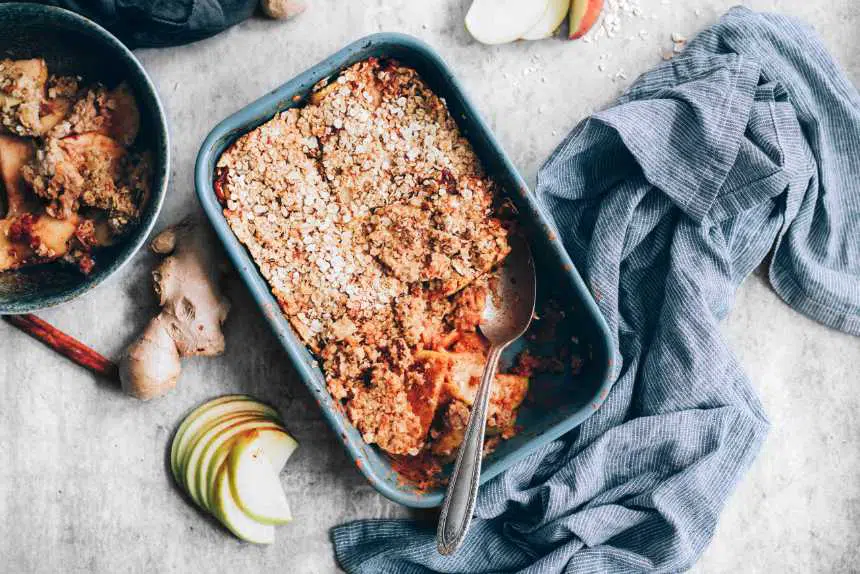
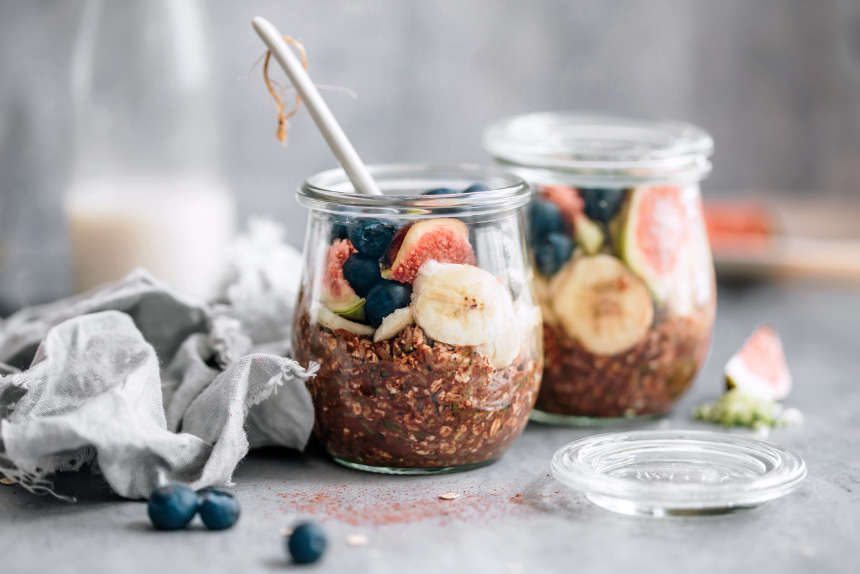
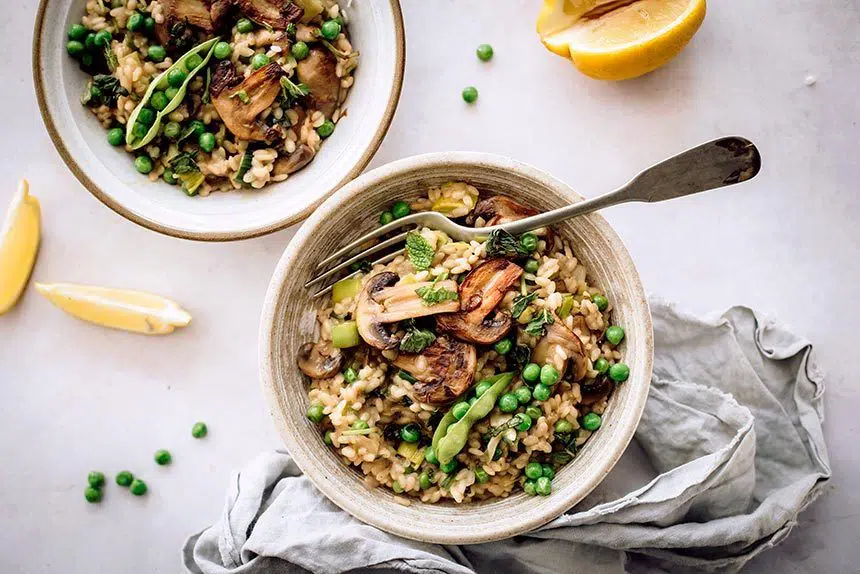
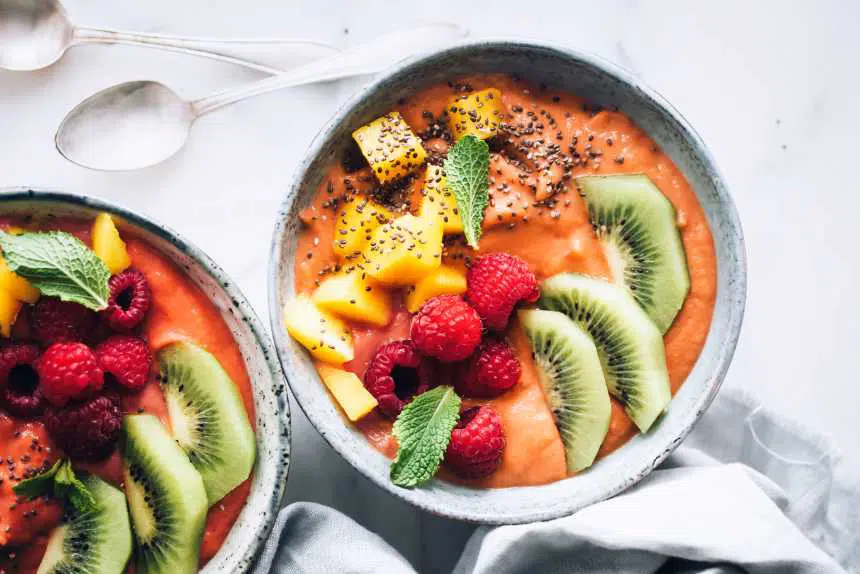
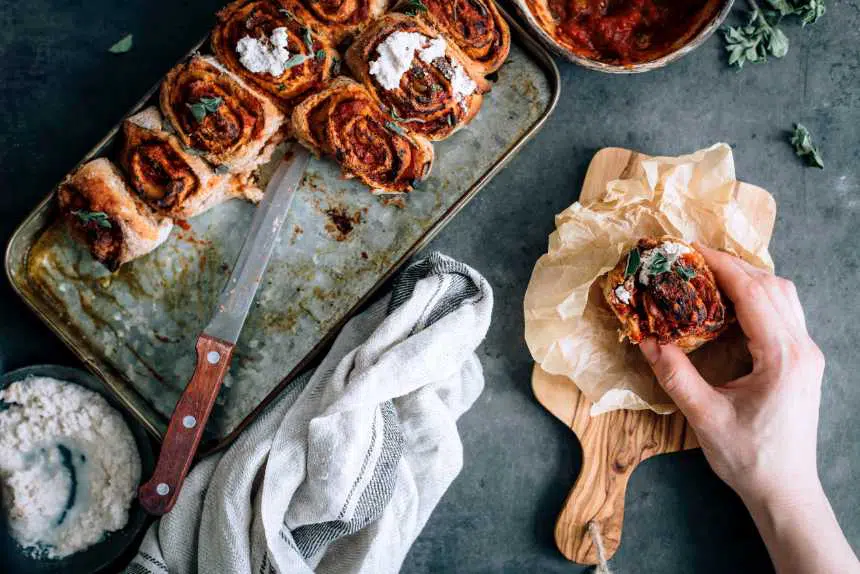
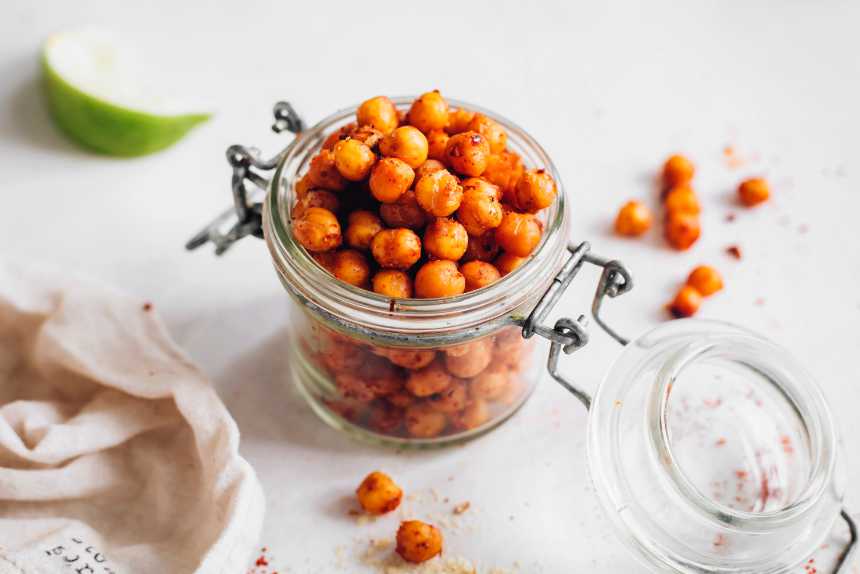
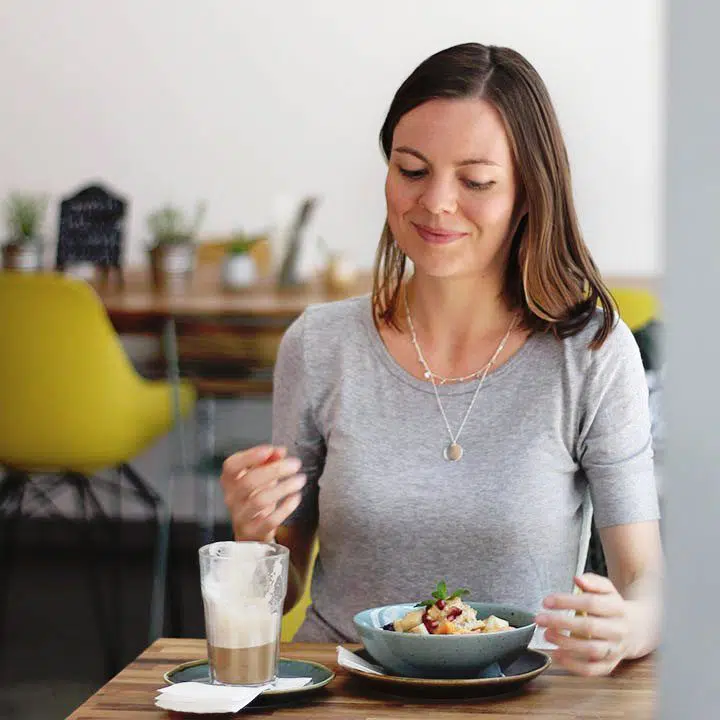
 Alena Schowalter is a Certified Vegan Nutritionist who has been a vegetarian since childhood and vegan since 2012. Together with her husband, she founded nutriciously in 2015 and has been guiding thousands of people through different transition stages towards a healthy plant-based diet. She’s received training in the fields of nutrition, music therapy and social work. Alena enjoys discussions around vegan ethics, walks through nature and creating new recipes.
Alena Schowalter is a Certified Vegan Nutritionist who has been a vegetarian since childhood and vegan since 2012. Together with her husband, she founded nutriciously in 2015 and has been guiding thousands of people through different transition stages towards a healthy plant-based diet. She’s received training in the fields of nutrition, music therapy and social work. Alena enjoys discussions around vegan ethics, walks through nature and creating new recipes.
Want to follow a high-carb low-fat diet? Our beginner’s guide lets you in on what to eat and avoid, the benefits as well as the drawbacks — plus, we’ll share easy and tasty HCLF vegan recipes!